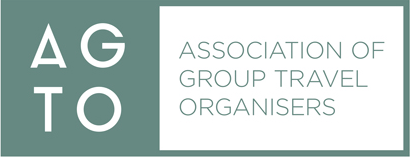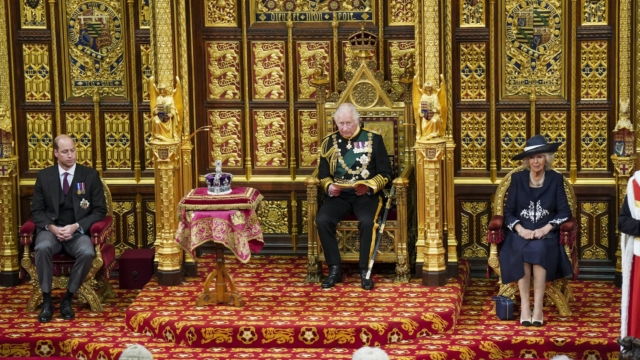COVID-19 Update 8th February 2021
- Quarantining
The Government has announced that from 15 February, any visitor to the UK from a country on the travel ban list will need to quarantine in a government-approved hotel. The main points of the announcement are:
-
- Managed Quarantine Facilities to come into effect from 15 February
- The Government is discussing the details with transport and hospitality industry
- The Health Secretary will oversee implementation and chair new Cabinet sub-committee on government rollout
- Discussions with Australia and New Zealand have taken place to share expertise on quarantining
- Guidance for UK Visa Applicants and Temporary UK Residents
The Home Office has updated it’s guidance again. There is new guidance:
-
- If you’re applying for a visitor visa, visa in transit or direct airside transit visa (DAT)
- If you’ve remained outside the UK for over 2 years and due to coronavirus travel restrictions your indefinite leave has lapsed
- If you’ve already been issued a Returning Resident visa but were unable to return to the UK due to travel restrictions in place relating to coronavirus
- Sage Paper on Border Controls for Preventing Coronavirus Entering the UK
The Government has published an interesting paper produced by Sage on the options available to prevent the importation of coronavirus from overseas, given the emergence of a number of variations of concern. This paper considers the evidence behind different approaches, and highlights remaining unknowns and determinants of effectiveness. Some of the highlights are:
-
- Evidence from the continued spread of the South African and UK variants suggests that reactive, geographically targeted travel bans cannot be relied upon to stop importation of new variants once identified, due to the time lag between the emergence and identification of variants of concern, and the potential for indirect travel via a third country
- Travel bans applied pre-emptively can have substantial social and economic implications for both the UK and other countries
- No single intervention, other than a complete, pre-emptive closure of borders, or the mandatory quarantine of all visitors upon arrival in designated facilities, irrespective of testing history, can fully prevent the importation of cases or new variants
- Register for Support in Wales
The Welsh Government is urging businesses to ensure they are registered with their local council to ensure that they receive support from the new £200m financial package that has been made available predominantly for businesses that pay non-domestic rates and have been forced to close or operate differently as a result of coronavirus restrictions.
Information on how to do this is available on the following link
https://businesswales.gov.wales/coronavirus-advice/restrictions-business-fund-local-authorities
- Perceptions of the Future
ONS’s latest survey on the social impacts of coronavirus and perceptions of the future has found that
-
- The proportion of adults in Great Britain that felt that life will return to normal in six months or less continued to gradually fall, now at 17% compared with 20% last week.
- The proportion of adults who felt that it will take more than a year for life to return to normal continued to gradually rise. Just under 3 in 10 (29%) of adults felt it will take more than a year for life to return to normal, compared with 28% last week.
- Around a third (33%) of adults felt that it would take between seven months and a year for life to return to normal, a slight decrease from 35% last week.
- R Number and Growth Rate
Finally, this week’s R Number and Growth Rate are 0.7 to 1.0 and -5% to -2% which is slightly lower than last weeks figures


